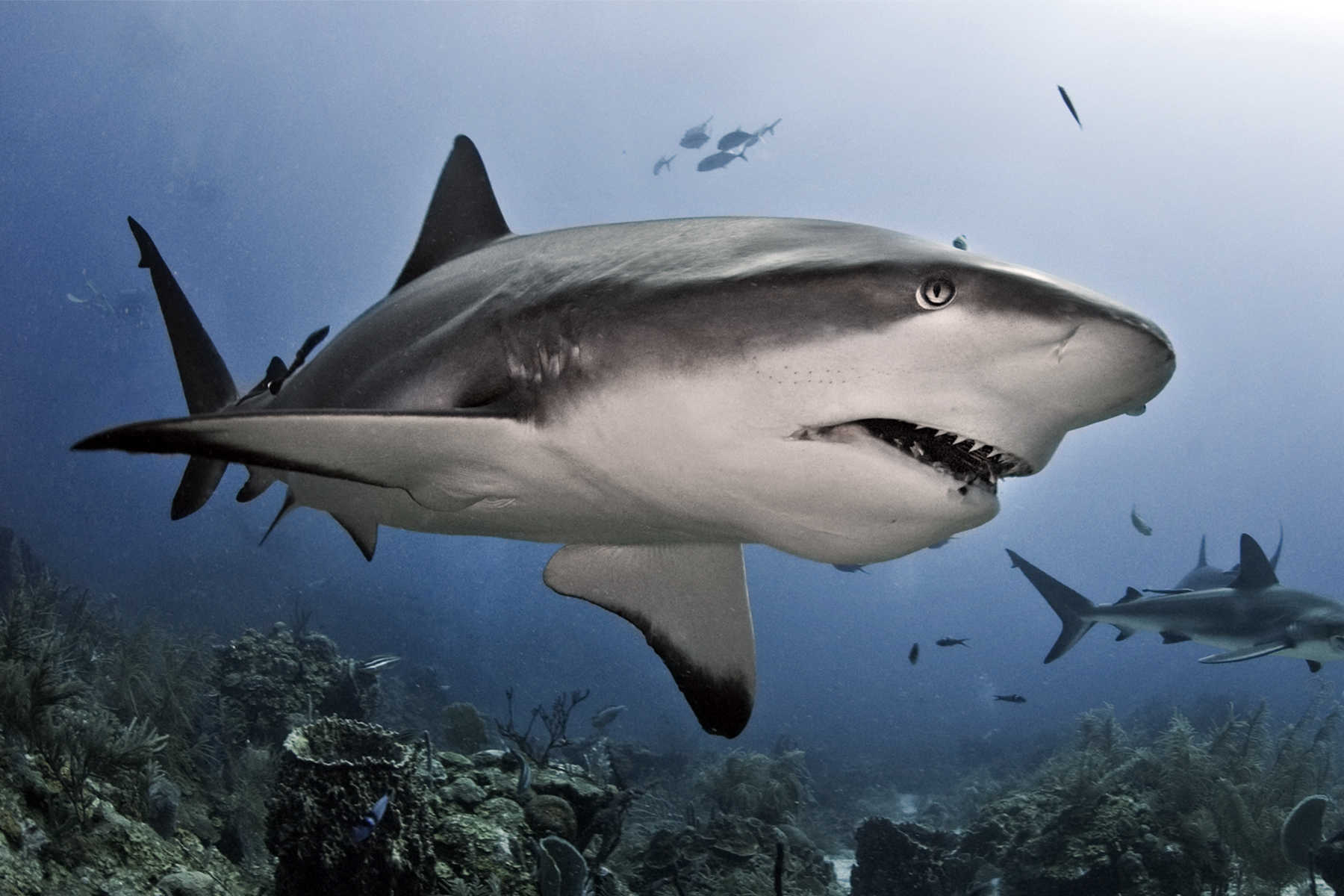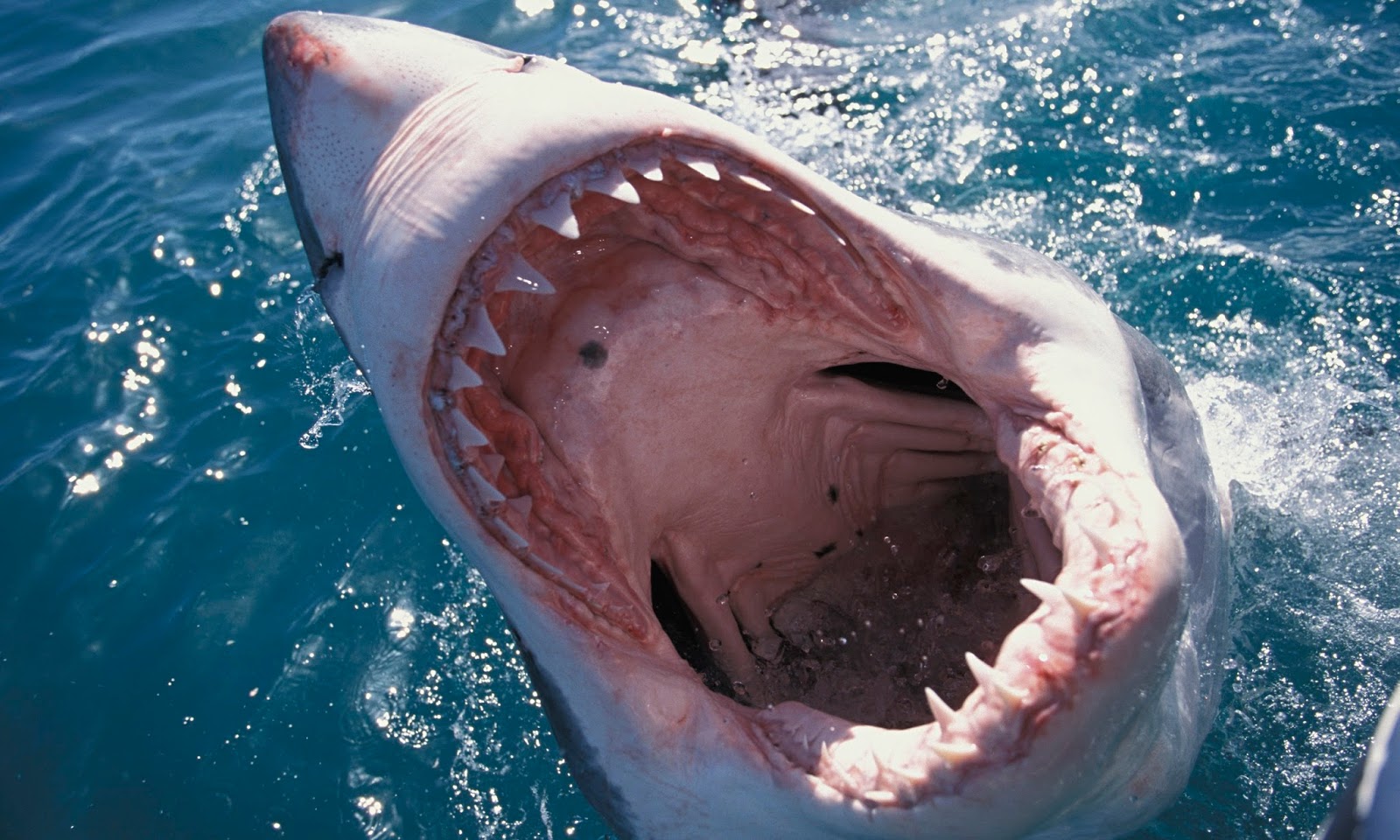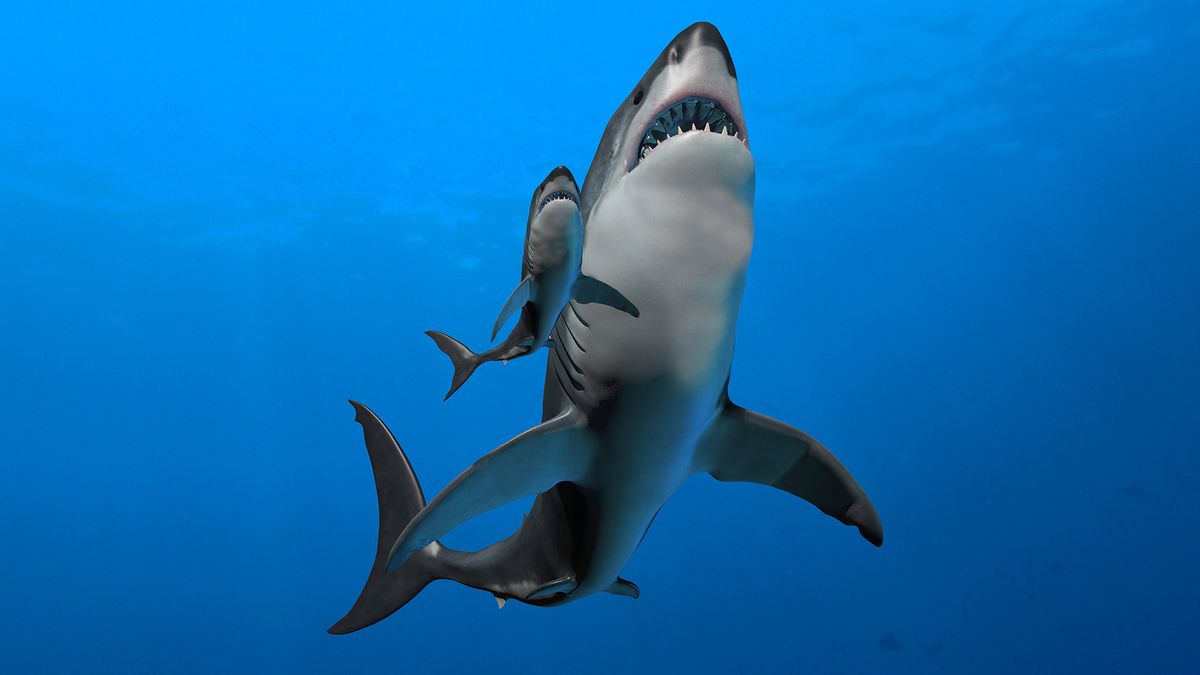
Sharks have long been a subject of fascination and fear for humans. These magnificent creatures have been ruling the oceans for over 400 million years, with over 500 species identified to date. However, many shark species are facing threats to their survival due to human activities, making conservation efforts crucial to protect these marine animals. The World Wildlife Fund (WWF) has been at the forefront of shark conservation, working tirelessly to protect these incredible creatures and their habitats.
Shark Species: A Diverse Group
Sharks belong to the class Chondrichthyes, which also includes rays and skates. They can be found in all the world's oceans, from shallow coral reefs to the deep sea. The WWF has identified over 120 species of sharks that are threatened or near threatened with extinction, including the great white shark, tiger shark, and hammerhead shark. Some species of sharks are apex predators, playing a crucial role in maintaining the balance of their ecosystems, while others are filter feeders or scavengers.
Threats to Shark Populations
Sharks are facing numerous threats, including:
- Overfishing: Many shark species are caught accidentally in fishing gear intended for other species, while some are targeted for their fins, meat, or liver oil.
- Habitat loss: Sharks rely on specific habitats, such as coral reefs or coastal areas, which are being destroyed or degraded due to human activities like coastal development and pollution.
- Climate change: Climate change is affecting shark migration patterns, feeding habits, and breeding grounds, making it harder for them to survive.
WWF's Conservation Efforts
The WWF is working to protect shark populations through various conservation efforts, including:
- Research and monitoring: The WWF is conducting research to better understand shark behavior, migration patterns, and population dynamics.
- Policy and advocacy: The WWF is working with governments and international organizations to establish and enforce laws and regulations to protect sharks and their habitats.
- Community engagement: The WWF is engaging with local communities to raise awareness about the importance of shark conservation and involve them in conservation efforts.
What You Can Do to Help
You can make a difference in shark conservation by:
- Supporting sustainable seafood: Choose seafood that is certified as sustainably sourced, and avoid products that contain shark fins or other shark-derived ingredients.
- Reducing plastic use: Plastic pollution is a major threat to marine life, including sharks. Reduce your use of single-use plastics, and recycle as much as possible.
- Spreading awareness: Share information about the importance of shark conservation, and support organizations like the WWF that are working to protect these incredible creatures.
In conclusion, sharks are fascinating creatures that play a vital role in maintaining the health of our oceans. The WWF's conservation efforts are crucial to protecting these animals and their habitats. By supporting sustainable seafood, reducing plastic use, and spreading awareness, you can make a difference in the fight to save sharks. Join the WWF in their mission to protect these incredible creatures and ensure the long-term health of our oceans.





.jpg)



